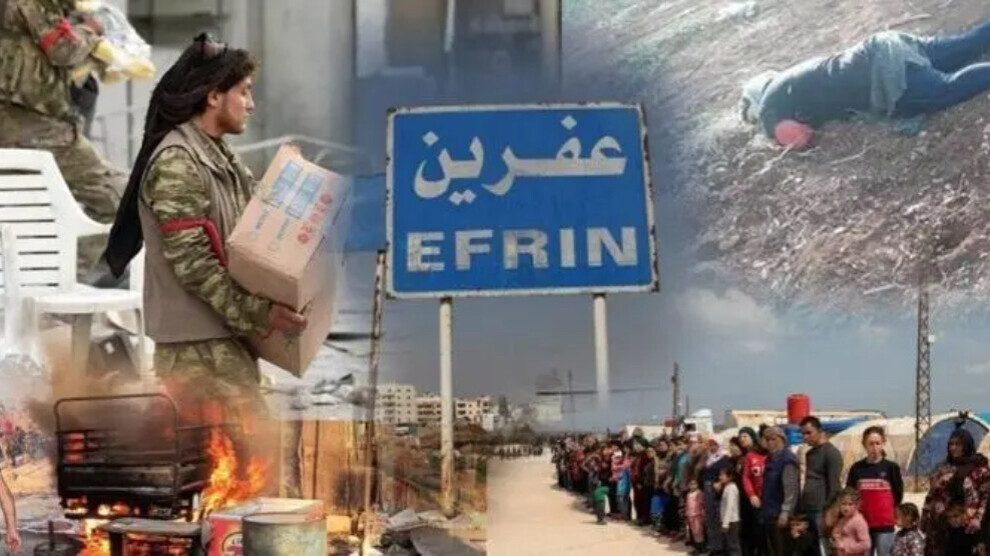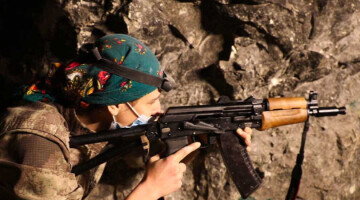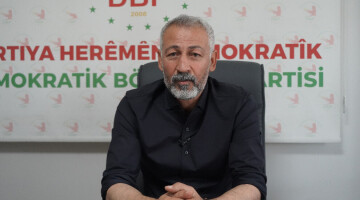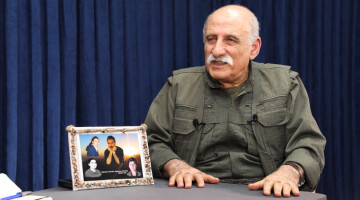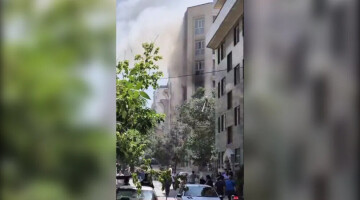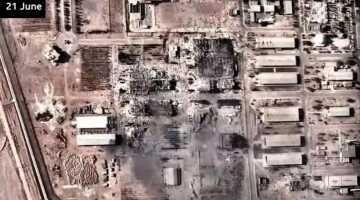In the northern Syrian city of Afrin, occupied by the Turkish state and its gangs since 2018, protests started due to the latest wave of racist attacks in Turkey.
According to the information obtained, some village guards in Hazro district of Amed (Diyarbakır) were asked to go to Afrin upon the start of the protests.
In Eyndar and Dedaş neighbourhoods, village guards named H.D., M.B., H.P., C.P. and H.C. stated that they did not want to go to Afrin and resigned.
Background
In the wake of the racist lynching, burning and looting incidents directed against Syrians in Turkey, which started in the province of Kayseri on 30 June and then spread to many other cities, tensions also rose in the occupied regions in northern Syria. Angry masses burnt Turkish flags and tried to seize military bases and border points held by the Turkish forces and allied groups.
According to the Syrian Observatory for Human Rights (SOHR), seven people were killed following the clashes and random shooting in Afrin and different areas in the northern Aleppo countryside. According to the observatory, six people, including five former fighters, were killed by Turkish forces in Afrin. One other person was killed in Jarablus. On the other hand, more than 20 others were injured in clashes and random shooting, amid ongoing clashes and the angry protests that took place in a number of cities and towns in northern Syria within areas controlled by Turkish forces and their proxies in northern, in eastern Aleppo countryside, in the HTS-held areas in Idlib and countryside and the western countryside of Aleppo. The protests followed racist violations against Syrian refugees in Turkey without actions by the Turkish authorities to protect the Syrian people. Clashes erupted with machineguns between armed protesters and members of Turkish forces in front of the Al-Saraya Building in Afrin city.
Village guards
Village guards are paramilitary units used in Kurdistan against guerrillas and unwelcome opposition members. They consist, to a considerable extent, of tribal leaders, large landowners, families, and individuals who have often worked with the state for decades in an attempt to advocate for the state's interests in Kurdistan. Some of the village guards join this system voluntarily, while others are threatened with murder, arrest, and expulsion and must become village guardians under pressure. The Hamidiye regiments in the Ottoman Empire are considered the historical model of the village guards. Today's village guard system came into being in 1985, a year after the Kurdistan Workers' Party (PKK) launched its armed struggle. At that time, the Turkish government under Turgut Özal began recruiting and arming Kurdish tribes and clans in the war against the PKK. Thousands of Kurdish villages that rejected the village guard system were burned and razed to the ground by the state in the 1990s.

